A Romanian photographer's book captures the unnoticed beauty of women from everywhere except Antarctica
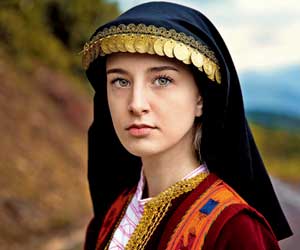
Even as incidents of body-shaming continue to trend on social media, here is someone who has travelled for four years, in search of beauty in unassuming corners of the world. Romanian photographer Mihaela Noroc has captured over 2,000 portraits of women in 55 countries, including India, and her work is out for everyone to see in the The Atlas of Beauty, a book that pairs the photos with interesting notes on each subject, capturing a rare glimpse into their lives.
ADVERTISEMENT
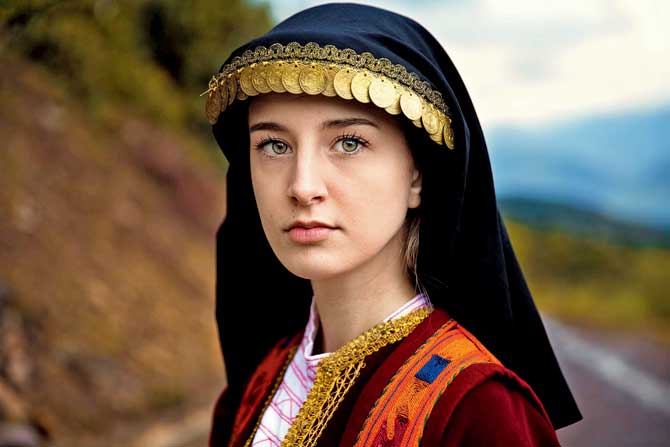
Greece
Noroc was surrounded by colours since she was little. "My father is a painter, so I spent my childhood enjoying the diversity of colour. When I was 16, I got my first camera, a very old one. I was too shy to go on the streets and take photos of strangers, so my first subjects were my mother and sister. That's where my love for photographing women began," she says in an email interview.

Guatemala
Although she studied photography, she felt "insecure about my skills" and quit. She worked in television production and relegated photography to a hobby until 2013 when she took a trip to Ethiopia. "I was fascinated by the women there. Some were living in tribes, where nudity was everyday. Others were part of conservative communities, covering their heads. And still others, in the big cities, embraced modern life. Most of them were struggling and working hard, sometimes facing gender discrimination. But, even in harsh environments, they were shining like stars -- with dignity, strength, and beauty. If there was so much diversity in one country, I thought, what about the rest of the world?"
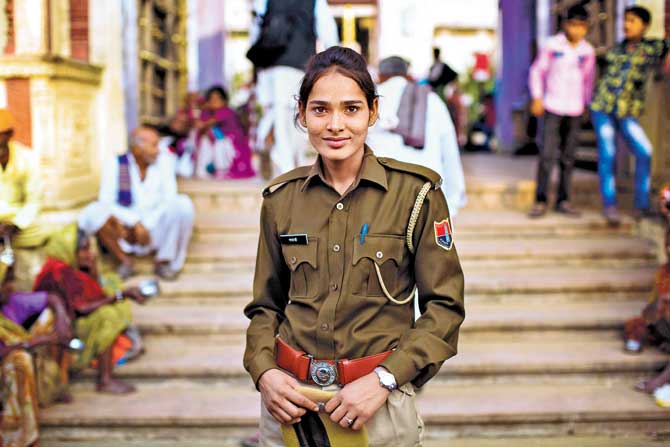
Pushkar
Noroc started to dream, and found the strength to quit her job and launch this project. She has got around the world knowing five languages, but, sometimes her travels take her to places where "talking became pantomime".
"In Afghanistan, I travelled to the remote Wakhan Corridor. The war line was very close, condemning this place to isolation. People were living there like their ancestors did hundreds of years ago. Photography was like a miracle for them. They were incredibly happy to see themselves in photos and I was constantly invited into homes to photograph each member of the family," says the 31-year-old. In North Korea, she would be accompanied by local guides, like any visiting foreigner. "But I was able to approach women walking on the streets". In Iran, Noroc found the locals "incredibly friendly with foreigners, and most women loved to be photographed". Her takeaway from all places, however, was common. "From the streets of Manhattan to isolated Afghan villages, the common thing was a deep connect that linked women. It's impossible to explain in words. But I hope the photos express this feeling."
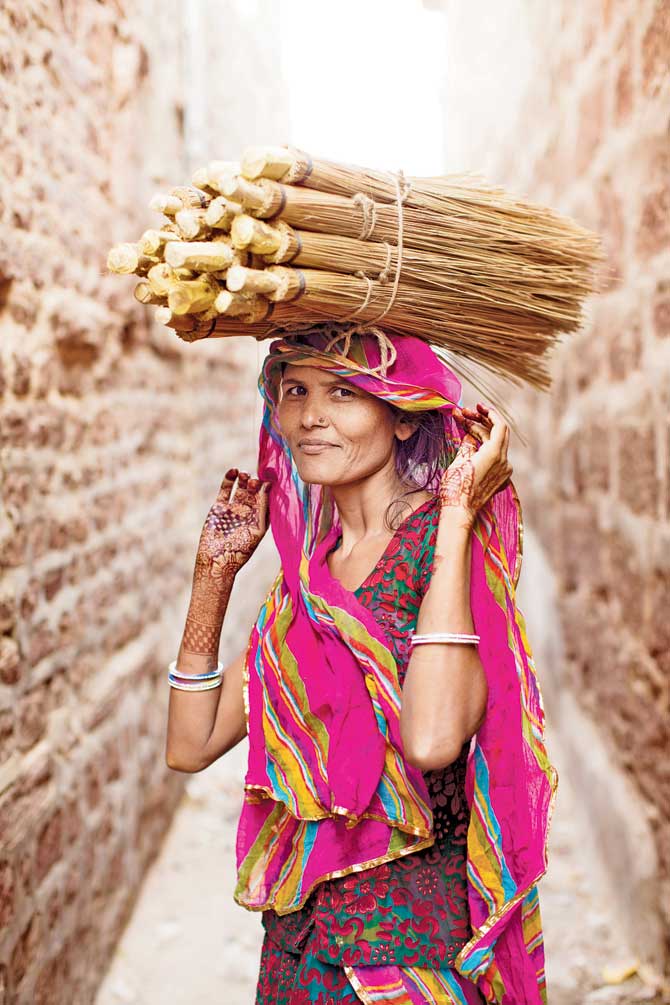
In India, Noroc travelled to Varanasi, Delhi, Amritsar, Mumbai, Nashik, Goa, Jodhpur and Pushkar. "India is a huge country with so much diversity that it would take years to explore. But, I hope I will have the chance to come back," she says. A portrait she captured in Varanasi has found a place on the book's cover, in fact. Noroc shares the story behind it. "I was walking around the Ganga when I saw a young pilgrim preparing to make an offering. Her serene expression seemed to be from another world, and the morning light was great. I was so fascinated by the moment that I entered deep into the river, forgetting that my phone was in my pocket. In such atemporal moments, objects don't mean anything. I asked her permission to take a photo and after that I let her continue the ritual. Usually, I try to spend more time with the women I photograph. But this time, I didn't have the chance, so we spent only a few seconds together. But her eyes, her stance, the outfit, her gesture told me a mystical story that words couldn't have."
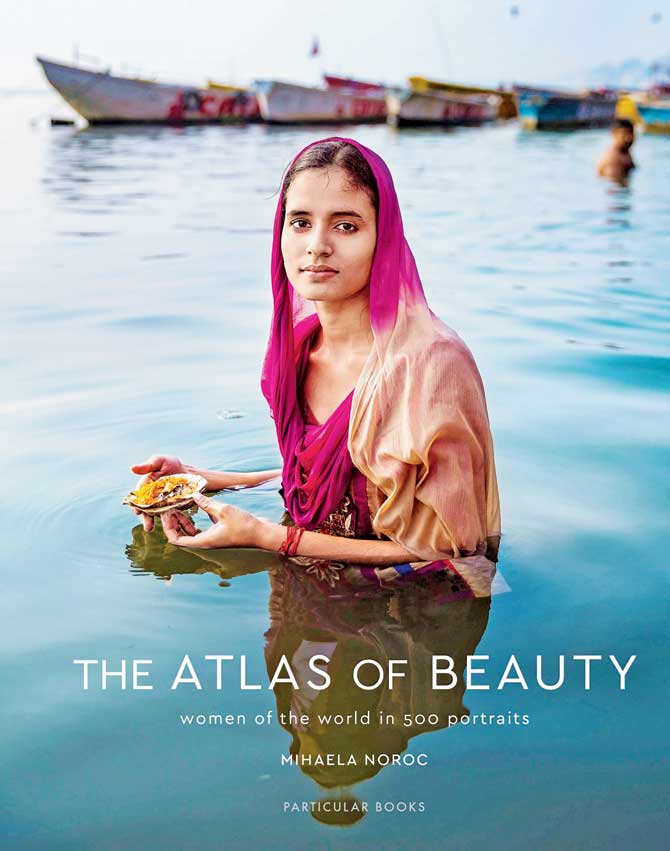
Ask Noroc to define beauty, and she says, "Real beauty is in our differences. You can find it in a smile, in a gesture, in wrinkles or an intense gaze, in a village or in a skyscraper." But, why only women? Noroc says, "I realised that as an artist, I had to focus. And this for me was photographing women, because this was the thing that made me curious, that, indirectly, made me discover myself."
 Subscribe today by clicking the link and stay updated with the latest news!" Click here!
Subscribe today by clicking the link and stay updated with the latest news!" Click here!






